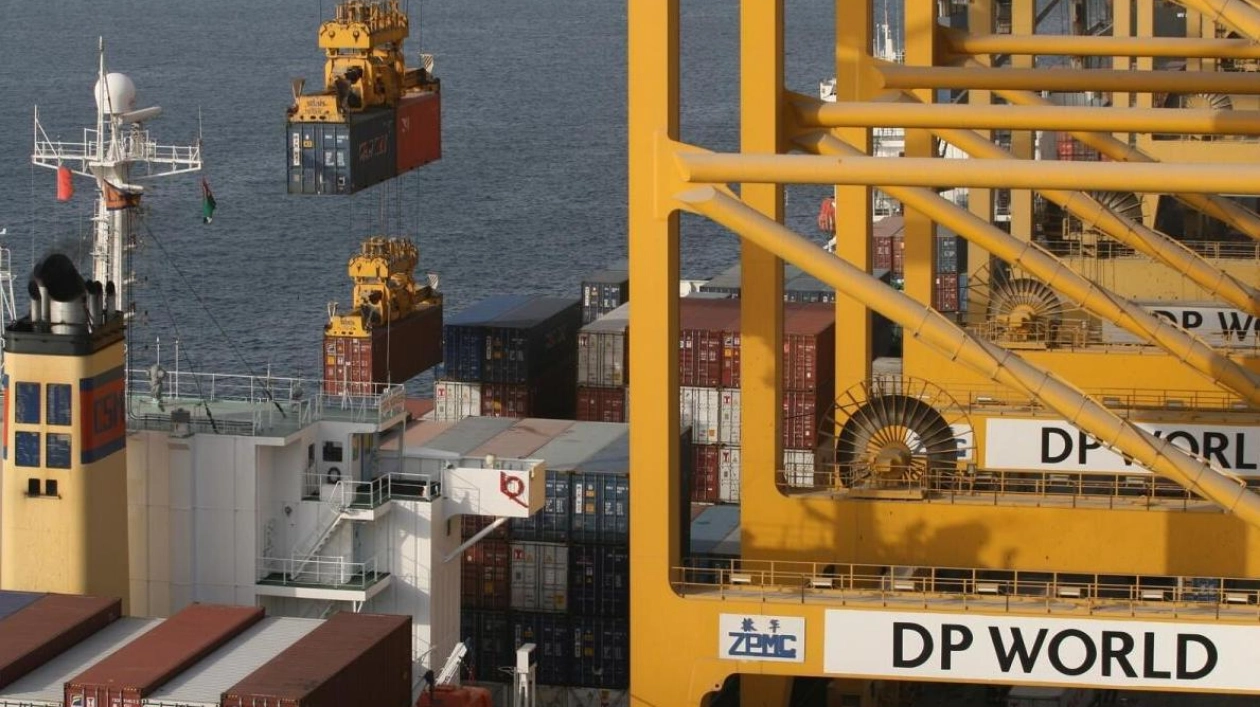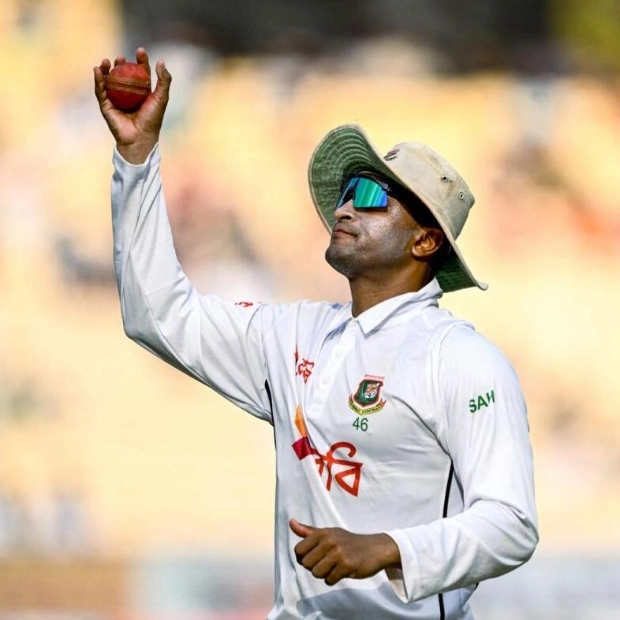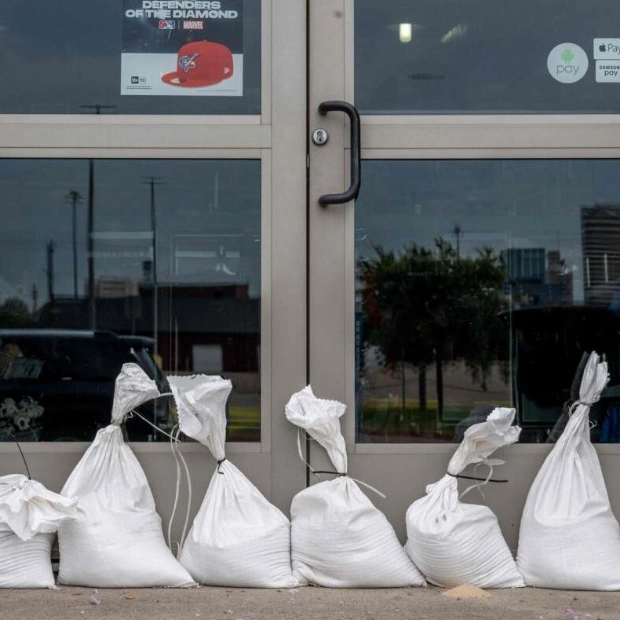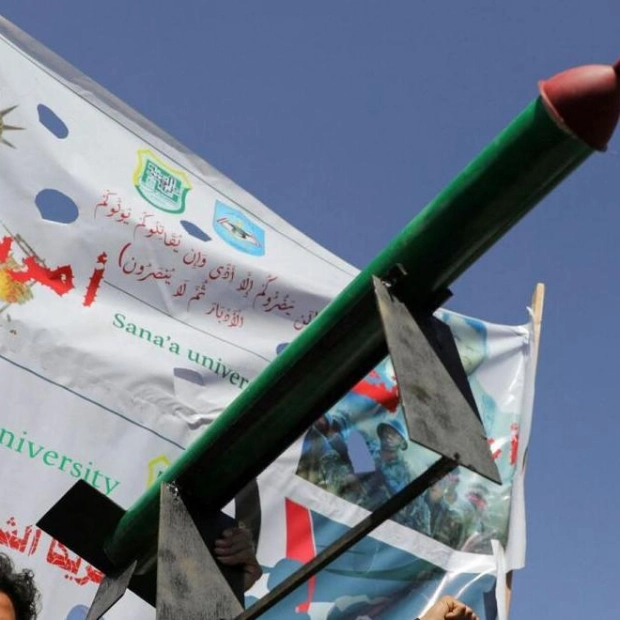Two years ago, India experienced a pivotal moment in international trade when the first shipment of jewelry products was airlifted from India to the UAE. This event was a direct result of the historic India-UAE Comprehensive Economic Partnership Agreement (CEPA), signed on February 18, 2022, which aimed to significantly boost bilateral trade and investment, marking a significant milestone in the strong India-UAE relationship. The CEPA is projected to increase bilateral trade to $100 billion within the next five years, underscoring the profound economic interdependence between the two countries and paving the way for enhanced collaboration across various sectors.
The relationship between India and the Gulf nations is marked by strong economic partnerships and expanding trade, particularly in energy, infrastructure, and technology. The Gulf Cooperation Council (GCC) was India’s largest trading partner bloc in the financial year 2021-22, with bilateral trade exceeding $154 billion, according to India's Ministry of Commerce and Industry. India’s exports to GCC countries amounted to approximately $44 billion, while imports reached around $110 billion. This economic interdependence is particularly evident in the energy sector, where the Gulf region supplies over 50% of India's oil needs and around 40% of its gas requirements, ensuring a stable energy supply for India’s growing economy.
Beyond energy, collaboration in infrastructure and technology has thrived. Indian companies are actively involved in various infrastructure projects across the Gulf, including construction, urban development, and smart city initiatives. The participation of Indian firms in Dubai's Expo 2020 highlighted this growing partnership. These collaborations are mutually beneficial, providing Gulf nations with skilled labor and technological expertise, while offering Indian companies substantial opportunities for growth and expansion. Cultural ties and the significant Indian diaspora in the Gulf further enhance mutual understanding and strengthen bonds. Close to 9 million Indian expats live and work in Gulf Cooperation Council countries, making the region their top destination and the India-Gulf migration corridor one of the busiest in the world.
This diaspora plays a crucial role in the economies of both India and the Gulf nations, contributing to labor markets and economic activities. A recent report revealed that while India received close to $90 billion in remittance flows from around the world in 2022, the UAE was the second-largest source of remittances. Millions of Indians residing in the six-member Gulf Co-operation Council bloc send money back home, supporting growth across all sectors in India and significantly bolstering the nation’s foreign exchange reserves. The Indian community also acts as a cultural bridge, fostering deeper people-to-people connections and cultural exchanges. Indian festivals are celebrated with enthusiasm in the region, reflecting a harmonious coexistence of diverse cultures.
Strategic alliances in regional security, counter-terrorism, and maritime stability further solidify the partnership between India and the Gulf nations. Both regions share concerns about terrorism and regional instability, prompting closer cooperation in intelligence sharing and counter-terrorism efforts. As both regions navigate the complexities of the 21st century, the India-Gulf partnership stands as a testament to the power of collaboration and mutual respect.






